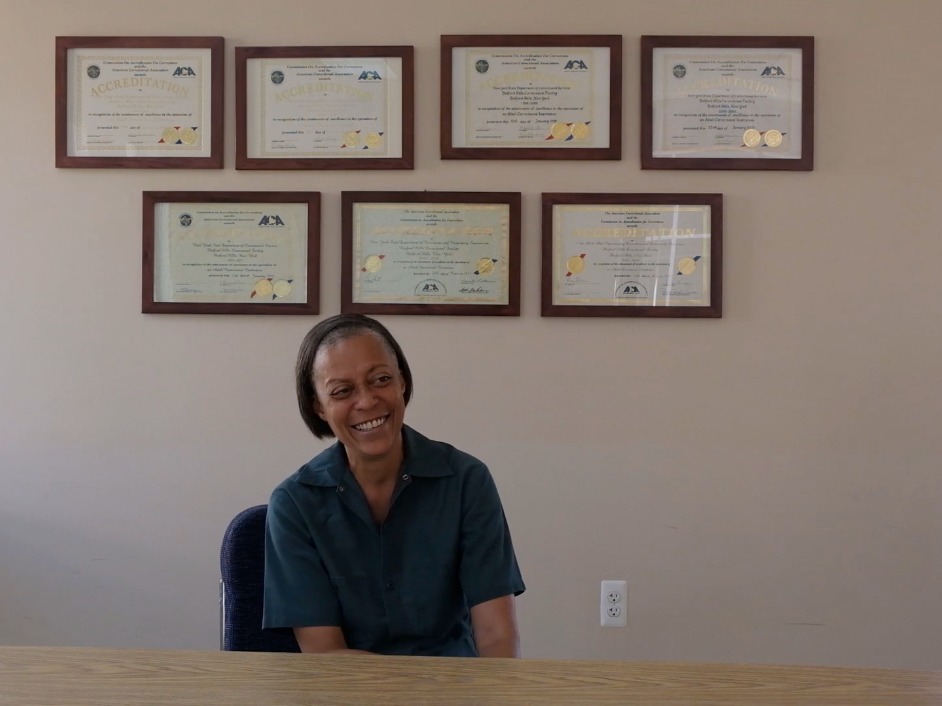Working with Emily Bazelon, a staff writer at The New York Times Magazine, on the Prison Letters Project, John J. Lennon dives into letters from Ivié DeMolina, who was convicted for her part in the 1994 murders of one man in New York and another in New Jersey. Currently serving 25 years to life in New York, DeMolina faces a consecutive sentence of 30 years to life in New Jersey if she is granted parole.
EXCERPT
What drew me to DeMolina’s letters, beyond her frankness about her guilt, which was refreshing, was her vulnerability. “I was never an evil person,” she wrote. “Please help me save the rest of my life.”
DeMolina says her trauma-filled past doesn’t excuse her behavior, but the fact that it went unexplored at her trial could have contributed to her long sentences. Her New York trial lawyer agreed. More than 20 years after the trial, in an affidavit, he said he did not receive state funding to do a “proper investigation” of DeMolina’s past to reveal a full picture of the trauma she suffered. “I’m sure she had doubts about what she could tell me and probably did not trust anyone,” he wrote.
At the time, DeMolina chose not to reveal her history in court because her mother was present. She said that in the wake of those childhood traumas, she was often angry and filled with hate. “I believed I was lost forever with an unrepairable, unsalvageable brokenness.”
Read the article in The New York Times Magazine newsletter.
